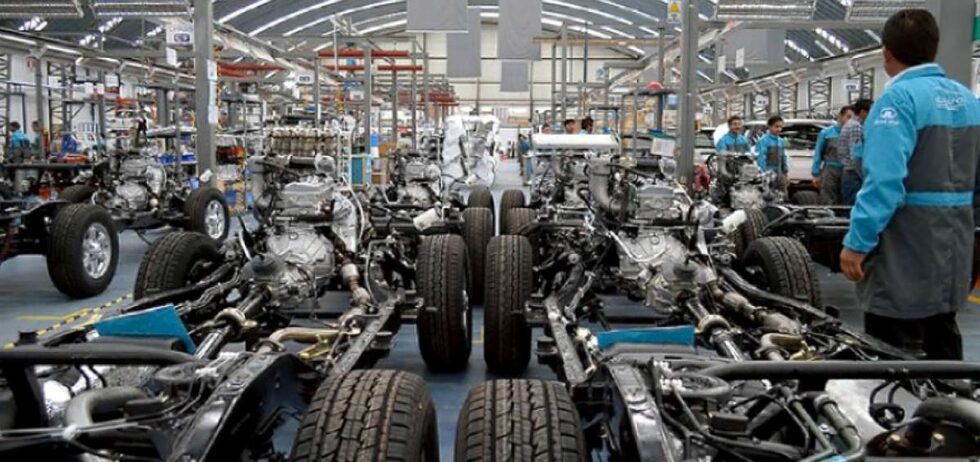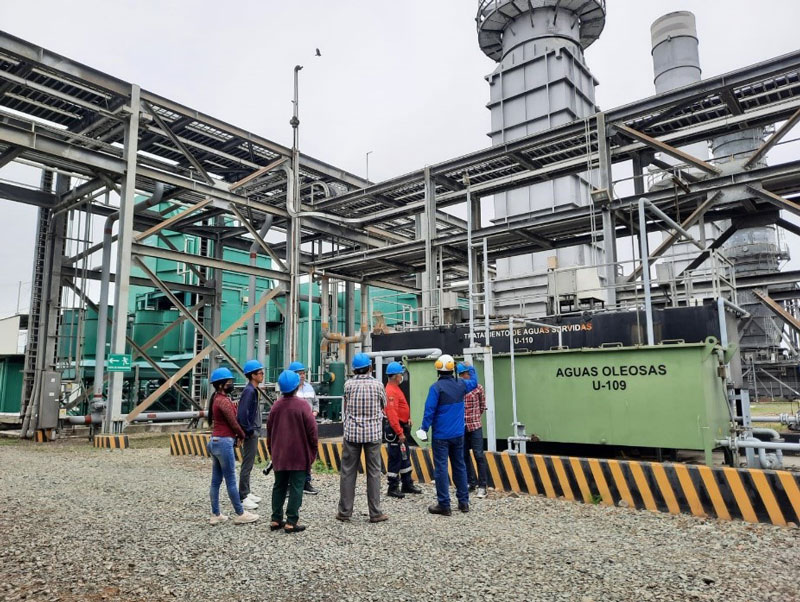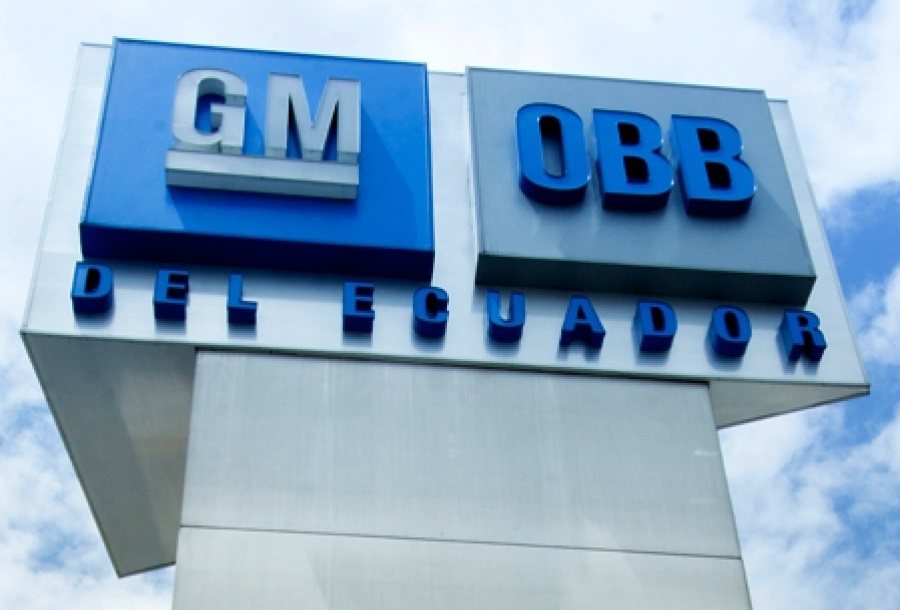Only capital
By Carol E. Leutner
When I was working on my Masters in Business Administration at the University of New Mexico some decades ago, I was required to take a course in economics. This was fine with me. Politicians were beginning to blame all of the country’s ills on the state of the economy and I was not well-versed in the discipline.
One week into the course, which as best I recall used Dr. Paul Samuelson’s famous college textbook, I became disillusioned. Capitalism was built on the theory that markets are both neutral and self-regulating and labor is freely mobile. To me, these two fundamental principles were not tenable. I did not see evidence of their truth in my daily life or in the news.
The third principle I could accept — that the capitalist system required three inputs to function: land, labor and capital. Land provided natural resources. Labor (including intellectual labor) generated profit, and capital, defined as money owned and available for investment, was both the engine and the glue that linked these moving parts.
Now, in 2023 I find even the third principle untenable. Land and labor aren’t needed to grow the economy. Capital has trumped both. Capital alone will drive the economic future and ensure humanity’s well-being. To support this idea, consider what has happened to land.
 The most recent U.S. Supreme Court decision on environmental regulation found that the Clean Water Act does not grant the Environmental Protection Agency authority to regulate wetlands unless they have an indistinguishable and continuous surface connection to a larger body of water. This was hailed as a victory for the plaintiffs seeking to build on the land at issue and for the real estate and construction industries. Land exists to serve capital.
The most recent U.S. Supreme Court decision on environmental regulation found that the Clean Water Act does not grant the Environmental Protection Agency authority to regulate wetlands unless they have an indistinguishable and continuous surface connection to a larger body of water. This was hailed as a victory for the plaintiffs seeking to build on the land at issue and for the real estate and construction industries. Land exists to serve capital.
A similar battle of interests is playing out in Ecuador both politically and in the courts. For 10 years, the Yasunidos Collective has sought to place a referendum question on the ballot to end oil production in the Yasuní National Park, one of the Amazon’s most pristine and diverse regions. The Constitutional Court ruled in May that government efforts to prevent the referendum were unlawful, and that the question can appear on the August, 2023 ballot. Yasuní oil production represents twenty percent of government revenue — land in service to capital. The Indigenous population here and elsewhere is saying that land serves communities first, not capital, a position that aligns with the rights of nature enshrined in Ecuador’s constitution and with a sixty percent approval rating in the polls for the initiative.
At the same time that commercial or capital interests continue to exploit the land, national coastlines are eroding. Land is being lost from the crumbling seaside cliffs of California, to the stripped ancestral forests of Gullah communities in the Carolina Low Country, or the drowned rice fields in Bangladesh. Scientists have confirmed that sea level rise is accelerating. In the coming decades over 900 million people will be displaced according to the United Nations — a mass exodus on a biblical scale. A gargantuan capital investment is needed to reduce emissions, slow global warming, and impede sea level rise to save the land. But investment capital is flowing elsewhere because that land is no longer needed.
Next, consider what has happened to labor. Globalization and advanced manufacturing (which is basically robotics) undercut the delicate balance that existed between labor and capital in the United States since the end of World War II. Public policy reflects labor’s lost leverage — repeated failure to raise the federal minimum wage, a statistical disconnect between worker productivity, wages and profit, widening income inequality and now lessened protections for child labor. Recent successful union organizing against Amazon and Starbucks or the persistence of Britain’s still-striking healthcare workers may be newsworthy but fail to represent a change in course for labor.
 The Writer’s Guild of America strike is further proof. The union’s 11,000 members are asking for increased wages and benefits, a greater percentage of the profits generated by streaming services, and protection against advances in artificial intelligence that threaten their jobs. One month into the strike, corporate management had not even begun to talk. Perhaps this is more than stubbornness, arrogance, or a negotiating position; it’s a signal that labor is no longer needed, or at least, no longer valued.
The Writer’s Guild of America strike is further proof. The union’s 11,000 members are asking for increased wages and benefits, a greater percentage of the profits generated by streaming services, and protection against advances in artificial intelligence that threaten their jobs. One month into the strike, corporate management had not even begun to talk. Perhaps this is more than stubbornness, arrogance, or a negotiating position; it’s a signal that labor is no longer needed, or at least, no longer valued.
Thus, only one pillar of capitalism’s tripartite system remains — it’s eponymous namesake — capital. Since the Reagan-Thatcher era, capital has been on a roll. Backed by economic theories of neoliberalism and trust in free markets, the financial sector was deregulated and liberated to expand its influence across borders and sectors. Examples of how structural change benefitted capital abound: growth of private equity and subsequent cannibalization of industries for “efficiency,” privatization of public goods such as education, bank bailouts that shift private debt onto public ledgers, the casino of sports betting, a consumer driven economy dependent on high-interest borrowing, and public absorption of environmental costs (known as externalities) caused by private polluters.
Deregulation of the communications industry during the Clinton administration produced a similar “capital capture.” The airways, including emerging cable channels, moved from a publicly-regulated activity to a more market-oriented one. Evidence secured during the recent, successful defamation lawsuit against Fox News Corporation showed how the firm’s desire for greater profits affected America’s democratic institutions. Senior executives at Fox broadcast what they knew to be untrue about the plaintiff so as not to lose market share–capital.
Of course, the next generation of this largely unregulated communication environment is the internet and the private service providers and infrastructure that enable access. Thirty years of use have led to blessings of instantaneous global connectivity and dangers of cyberattacks, privacy invasion, mis-or dis-information and data control, along with huge profits for corporate leaders. Former Greek Finance Minister Yanis Varoufakis says that algorithms are the new markets and rents (fees for services) are the new profit.
It is this massive accumulation of profits that has ushered in the current technological era — quantum computing and artificial intelligence. With capital accruing to corporations such as Google and Microsoft (an early investor in Sam Altman’s Open AI) they were positioned to support research and development that built the new technological infrastructure, in itself a barrier to market access by potential competitors. And this capitalist class is positioned to earn even more. The quantum computing (QC) market has grown at a rate of 32% over the past decade and could create $450 billion to $850 billion in value over the next 15 to 30 years. The AI market reached $428 billion in 2022 and will soar to $2.025 trillion by 2030. Nvidia, a chip- manufacturing company, achieved a trillion-dollar valuation just weeks after AI’s rapid demand for chips became clear.
 Given the recent and urgent warnings of AI’s existential threat to humanity by leaders in the field, it is unclear if this technological leap, engineered by few and driven by their wealth, can be deemed as progress. But it certainly represents the avarice of capital. While advocating for a pause in AI development, those same industry leaders agree that it will be difficult not only to stop the AI race between global powers seeking technological advantage but also due to push back from shareholders whose only concern is, you guessed it — capital.
Given the recent and urgent warnings of AI’s existential threat to humanity by leaders in the field, it is unclear if this technological leap, engineered by few and driven by their wealth, can be deemed as progress. But it certainly represents the avarice of capital. While advocating for a pause in AI development, those same industry leaders agree that it will be difficult not only to stop the AI race between global powers seeking technological advantage but also due to push back from shareholders whose only concern is, you guessed it — capital.
For meager mortals trying to work out their daily existence on the planet, what is the most productive way to think about this turn of events? The first take is an historical one. Humanity has trusted in the scientific method since its emergence in the seventeenth century to reveal the natural world’s fundamental characteristics, including the nature of reality itself. Subsequent to advances during the Industrial Revolution, the work of Einstein on relativity and Plank on quanta-emitting electrons ushered in the atomic era, then the digital one and now the quantum one. All are forward leaps in human intellectual evolution that cannot be stopped or discounted.
Thus, the quantum era is not all doom and gloom. Scientists have verified that sub-atomic particles exist in two (and maybe more) dimensions simultaneously. QC calculations are faster because the particles exist as both one and zero at the same time. Theoretical physicist Michio Kaku concludes that reality is multidimensional. What the human species perceives with the senses is a narrow slice — a form of illusion. Equally significant is the fact that sub-atomic particles not only communicate even over vast distances, but also take their identity from their relationship to each other. Reality is relational as physicist Carlo Rovelli describes it.
This then leads to the second way to interpret humanity’s existential threats created by Only Capital — a sociological point of view. If what is perceived is not real and each individual’s identity does not exist as an absolute but only in relation to “the other,” then perhaps society is poorly organized and equipped to meet pending challenges. Borders and political ideologies along with race, gender, cultural, class, and religious divisions impede the formulation of alliances necessary to address the climate and artificial intelligence emergencies. If governments cannot act, then individual humans need to talk to each other across these invented barriers to see what can be built from the ground up — regardless of capital.
A third way to think about this plethora of challenges is a philosophical, metaphysical, or spiritual one. Knowingly or unknowingly, humanity divulged its secrets to the internet. The internet now serves as a library feeding the world’s knowledge to artificial minds via large language models. If AI knows all the secrets and can detect patterns and connections faster and more accurately than a biological mind, then humanity may have outlived its utility. Robotic and AI-created entities are silicon-based, not carbon-based. They will have a much better chance of surviving on a warming planet or in icy-cold space.
Did Only Capital enable the species demise? If the answer is unclear then the answer is yes, and humanity’s next central project is to determine what qualifies it to exist or even justify its dominance over capital. Are the species cognitive skills unique? Do humans exude a moral quality that is needed to balance good and evil or love and hate? Do humans possess the capacity to connect via consciousness to a universal mind — a mind that functions beyond Earth’s physical reality but manifests itself within that reality? Capital is an abstraction. Capital as a means of exchange possesses no value other than that which has been given to it from some outside source. Capital is cold, impersonal and fungible. Capital is an illusion. Shall humans value themselves less than the value ascribed to capital and Only Capital?
____________________
Carol E Leutner is a lawyer, political activist, advocate and international civil servant. During her forty-year career, largely in the public sector, she has successfully pursued two distinct career tracks, one in economic development and the other in law. To support her decision to relocate from the United States at age fifty, Ms. Leutner leveraged her skills in both fields to launch an international career focusing on policy and governance in the food and agriculture sector.
A graduate of the University of Maryland, she also earned a joint MBA/JD from the University of New Mexico and a Masters in International Law from Georgetown Law School. She is a member of the New Mexico and Washington, D. C. bars. Her writings have appeared in technical publications, academic journals, and The Washington Post. Her treatise on economics and metaphysics won an award at the American Economic Association annual meeting in 1982.
Over the past decade, Ms. Leutner shifted from the technical and legal writing that consumed most of her professional life to a more personal narrative form which challenged her to write for a general audience. Race Consciousness, A Personal and Political Journey will be published this spring to be followed by a second book on paradigm shifts. She currently resides in Cuenca, Ecuador.
© Carol E. Leutner 2023



















